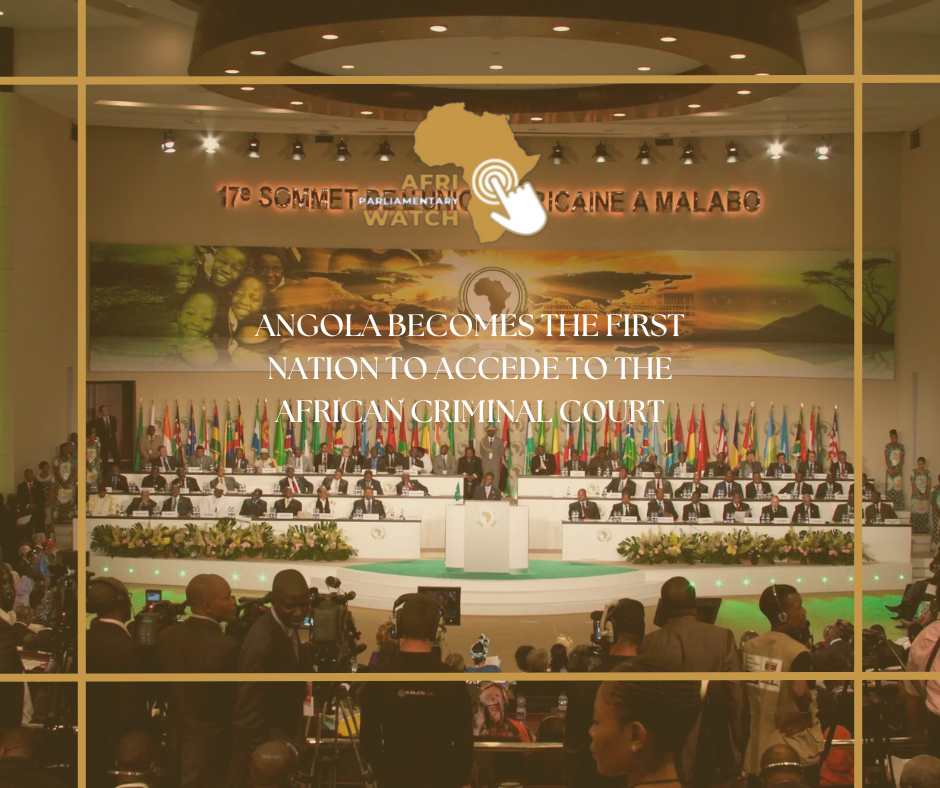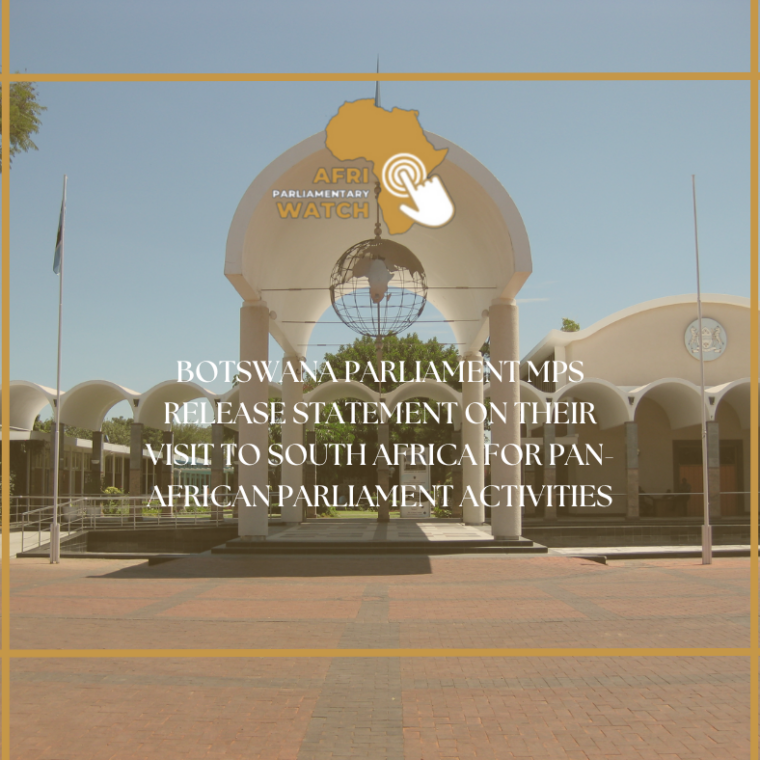Angola has become the first African Union member state to ratify the Malabo Protocol, which aims to establish the African Court of Justice and Human Rights with criminal jurisdiction over international crimes. To come into effect, the protocol requires ratification from fourteen additional AU countries.
The proposed court will handle interstate disputes, human rights cases, and significant international crimes, potentially complementing national and international judicial bodies, including the International Criminal Court (ICC). The Malabo Protocol introduces notable features, such as corporate criminal liability, but also includes controversial provisions like immunity for sitting African heads of state and senior officials, which could undermine justice and equality before the law.
The protocol plans for the court to have 15 judges overseeing three sections—general affairs, human rights, and international criminal law—handling 14 core crimes. This is a reduction compared to the ICC’s 18 judges and its four core crimes, raising concerns about the court’s capacity to manage its broad mandate effectively.
Moreover, the African Court on Human and Peoples’ Rights, established in 2004, must maintain its mandate and resources, without being overshadowed by the new criminal court. Angola is urged to lead efforts in clarifying the interaction and obligations between the ICC, the new African Court, and national courts to ensure a cohesive legal framework when the Malabo Protocol is fully operational.
Read Full Article: Humans Rights Watch





